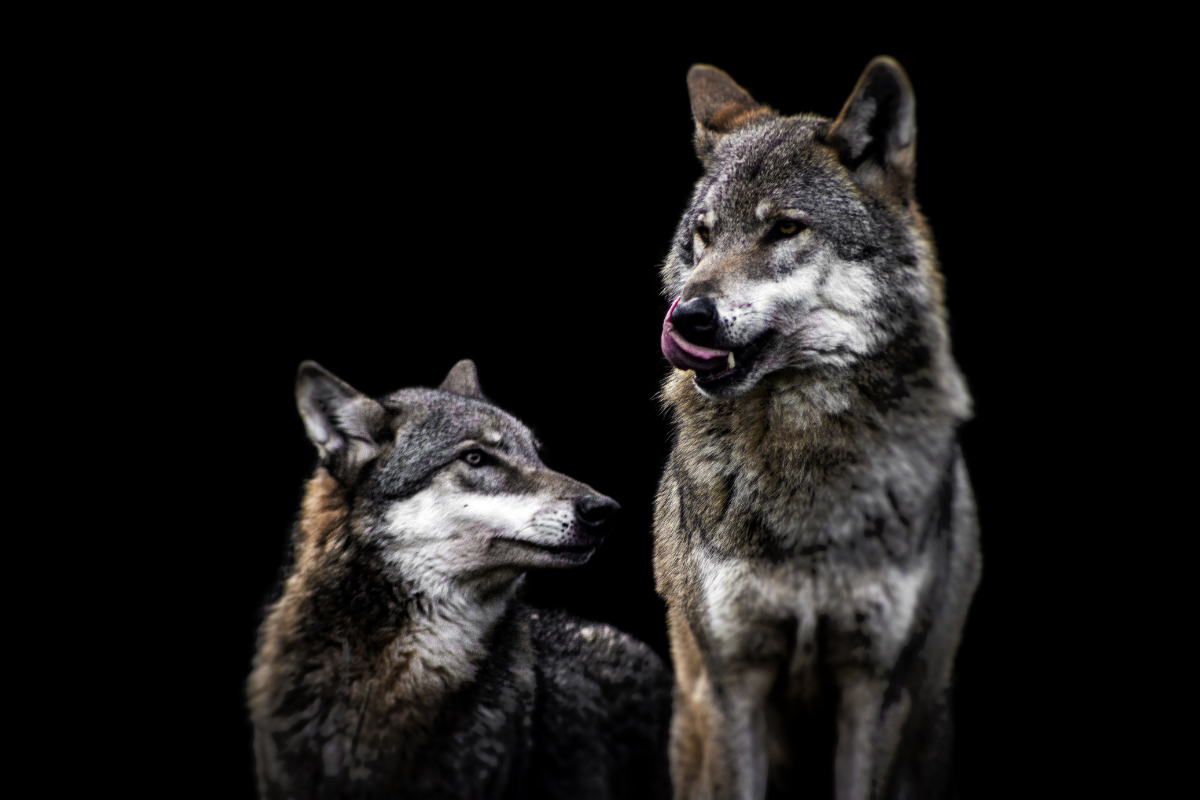Two weeks after Friends of Animals filed comments with the U.S. Fish and Wildlife Service in support of relisting gray wolves in the Northern Rocky Mountains under the Endangered Species Act, wildlife advocates have sued the agency because it missed a deadline to decide if protections should be restored.
“It is critical that FWS consider information from Friends of Animals and others that support listing this population of wolves, especially as many wolves could be needlessly killed and their families forever destroyed in the upcoming hunting seasons,” said Jennifer Best, director of Friends of Animals’ Wildlife Law Program. “FoA hopes this new lawsuit speeds up the decision-making process so these wolves get the protections they desperately need.”
In the wake of gray wolves being delisted in Idaho and Montana in 2011 and in Wyoming in 2017, it is legal in these three states to actively hunt wolves, leading to killings on an unprecedented scale. This has led to devastating impacts on wolf populations in these states, FOA states in its comments.
For example, in Idaho almost 40% of the wolf population has been slaughtered via hunting every year for the past several years. The inhumanity of the killings is almost incomprehensible as wolf traps are normally only checked every 72 hours meaning the wolves can languish in these traps for days in extreme agony with reports of some succumbing to hypothermia or dying as they attempt to chew off their legs to escape the traps.
In 2020, 35 juvenile wolves were killed in Idaho, with one pup being found with a smashed occipital lobe, implying that it was beaten either before or after being killed, FoA states.
“More Yellowstone wolves have been killed due to hunting in the past season than in any year since the species was reintroduced to the park decades ago,” Best said. “This poignantly demonstrates the failure of a piecemeal approach where local wildlife managers are supposedly empowered to control their own populations. Wolves have no concept of human-made borders. The arbitrary lines that designate the end of the protective Yellowstone realm mean nothing to a gray wolf.”
Friends of Animals also draws attention to the impact of the climate crisis on gray wolves. Climate change will affect the way wolves are able to move as the landscape changes around them and the populations of prey that wolves depend on for survival. Those threats are compounded by increased wildfires and drought.
“Actual recovery of species is the intent of the ESA, not just ensuring a bare minimum of some species survives enough to ward off full extinction,” Best said. “Recovery presents quite the standard as the best data estimates that prior to European colonization upwards of 380,000 gray wolves existed in the western United States.
“While returning to this level might be unrealistic, this region is currently quite far from it, which makes delisting gray wolves in the Northern Rocky Mountains a clear violation of the congressional mandate.”

